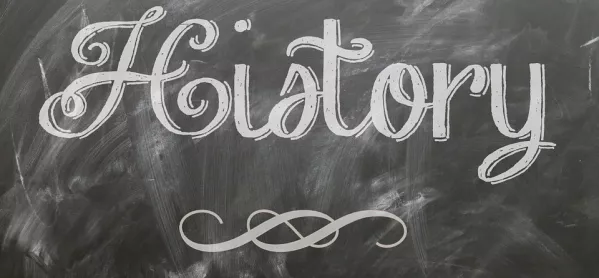Education reforms designed by Michael Gove to encourage more pupils to study “academic” subjects like history have instead deepened the divide between high- and low-achieving students, researchers have claimed.
Academics from the University of Reading and the University of Oxford said that the introduction of the English Baccalaureate and the reform of GCSEs to make them “tougher” have created a system where students with lower prior attainment are less likely to study history.
The research found that students at schools in poorer areas were less likely to be encouraged by their school to study history unless it could demonstrate that they were likely to get good results.
While the researchers concede that the introduction of the EBacc “led to a rise in the number of students entered for subjects like history”, according to their analysis of four years of GCSE data, this rise was “unevenly spread across schools”.
They say schools are caught in a “catch 22” regarding the EBacc. “The government has indicated that it wants at least 90 per cent of students to take the EBacc subjects by 2025, while reforms to GCSE have allegedly made them more challenging,” their paper states.
‘Inequitable’ access to subjects
“So schools are being pressured into entering more students for specific subjects and simultaneously being judged by how many students do well in these areas.
“Since the nature of the EBacc measure means that schools are being judged in terms of their students’ raw attainment... they have responded by entering more middle and high-attaining students.
“Overall the introduction of this performance measure appears to have created an inequitable situation regarding access to subjects like history.”
Richard Harris, associate professor at the Institute of Education at the University of Reading, who co-authored the paper, said: “If government-led reforms aimed to provide more equitable access to so-called ‘academically-rigorous’ subjects like history, our research shows that those at the most disadvantaged end are as likely as ever to be missing out.
“The results are a two-tier system that limits the ability of students from lower socioeconomic status areas to beneift from the vision that the EBacc was designed to support.
“By implementing a series of reforms to toughen history GCSE testing and making accountability measures more difficult, schools in poorer areas are not submitting their students who may benefit most from subjects seen to be crucial in improving social mobility.”
A Department for Education spokesman said: “We want all pupils to study a broad and balanced curriculum, and recognise the important knowledge and skills pupils can gain from studying history.
“That’s why we have included history within the EBacc and why we would like to see even more pupils studying the subject, including those from a disadvantaged background.
“The proportion of pupils taking history GCSE has increased from 31 per cent in 2010 to 42 per cent in 2018.
“On top of this, the proportion of disadvantaged students entering the EBacc is the highest since it was introduced, whilst attainment amongst disadvantaged students studying the EBacc has also increased this year.
“We reformed GCSEs to equip pupils with the knowledge and skills they need, and to ensure parents and universities can trust them. These new, gold standard GCSEs better prepare students for further study and the world of work.”





